Living Under the Oppressive Heel of Communist Vietnam
June 1, 2021
By Tyler Watt
Reprinted from Family Research Council
This blog is part of an International Religious Freedom 101 series providing an overview of religious freedom challenges in countries around the world. Read our previous installments on Sri Lanka, Turkey, and Pakistan.
In 2001, 60 police officers stormed into a Catholic parish to arrest Father Thadeus Nguyen Van Ly, a Vietnamese priest, for the ridiculous charge of “damaging the Government’s unity policy,” as reported by Freedom Now. Father Ly was not a radical. He merely raised his voice in opposition to a proposed U.S.-Vietnam trade deal, considering Vietnam’s human rights record.
After being imprisoned following his arrest for nearly four years, Father Ly was released, only to be arrested again in 2007 while he was organizing efforts to boycott an election. Since then, he has suffered multiple strokes, a brain tumor, a heart attack, and partial paralysis. Nonetheless, Father Ly regularly writes articles to encourage his countrymen in their faith. Like Job of the Old Testament, he continues to persevere in his faith no matter what oppression or illness he may face.
Tragically, Father Ly’s story is not unique. The Socialist Republic of Vietnam remains a single-party Communist state, and it continues in the leftist vein of Marx in its preference for de facto state atheism, oftentimes relegating the 24 million religious Vietnamese people to a secondary social plane. Religious groups are often the victim of government policies that openly discriminate against believers and build barriers to prevent them from practicing their faith.
Constitutional Promises Falling Short
Though Article 24 of the Constitution of Vietnam protects the right to practice or abstain from religion and holds all religions equal before the law, this policy truly exists only on paper. Religious groups are required to register with a government body before they can legally assemble and worship. According to a 2018 U.S. State Department report, the government of Vietnam may restrict religious practices in the interest of “national security” or “social unity.” These policies have been roundly criticized by religious leaders in the country as well as the non-governmental Interfaith Council of Vietnam.
Less than 40 denominations within 15 religions are sanctioned by the state; all others are not permitted to organize publicly. Red tape and pressure from the government make it difficult to worship in denominations not recognized by the government.
Some groups, such as Jehovah’s Witnesses, are banned entirely. Buddhist groups are required to affiliate with the state-sponsored Vietnam Buddhist Sangha, and some Buddhist sects like the Unified Buddhist Church of Vietnam were banned, and their members imprisoned or otherwise persecuted.
Spreading the Written Word
Key to the religious life of so many Christians is the Holy Bible, the Word given to us by God which is so essential to church services and individual study. In Vietnam, the publishing of all materials is heavily regulated by the state, and all publishers must acquire approval from the government and certain licenses to print books and other media. Beyond this, only certain publishers can produce religious works, preventing the written gospel from being spread any further than what the government permits.
Overlapping Oppression: Targeting Ethnoreligious Minorities
The Hmong people, an ethnic minority with a population of around one million, are disproportionately followers of Christ: about 300,000 Hmong are Protestants, with a smaller number following Roman Catholicism. These numbers have shifted in the past few decades. In the days following the Vietnam War, thousands of Hmong were evacuated from Vietnam and neighboring Laos with the assistance of Catholic and Protestant (particularly Lutheran) charities. Those that remain to this day face pressures from the government and the majority Kinh (Viet) population to not seek converts or express their faith openly.
The Christian Hmongs’ faith is used as justification for the state to suppress them, on the grounds that it dilutes their allegiance to the government. To alienate the Hmong even further, the state prevents them from receiving government identification materials, ensuring that they cannot start businesses or open bank accounts. Applications to register Hmong churches are regularly denied, forcing Hmong Christians to worship in underground churches, placing them at risk of arrest or violence.
Hope in an Uncertain Future
Despite the difficulties faced by Vietnamese Christians and other religious minorities, there is hope for the future. The religious groups (Christians, Muslims, Buddhists, and others) coexist fairly peacefully, allowing for a degree of interreligious cooperation to occur. American and European lawmakers have denounced human rights violations in Vietnam, and were vocal in their discontent with Father Ly’s imprisonments. The attention devoted to Vietnam in the past half-century makes it a better starting point than many other countries to fight religious persecution.
That said, there is ample room for us as individual Christians—both lay and clergy—to act. We must act with the courage that Father Ly possesses to denounce oppressive states where they exist and encourage our lawmakers to keep the pressure on this communist state, lest we forget their countless acts of violence and oppression. The causeless imprisonment and persecution of so many faithful Christians must be central in our prayers and chief in the hearts of our legislators as our country hopes for a free Vietnam and grapples with ongoing concerns about their dubious human rights record.


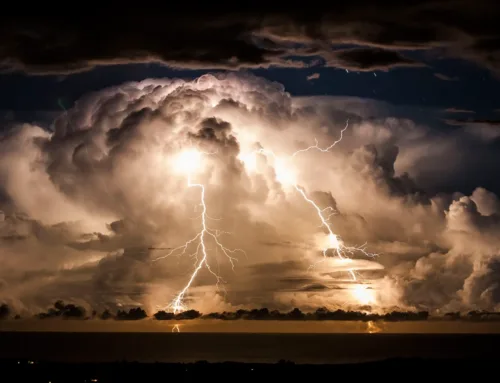
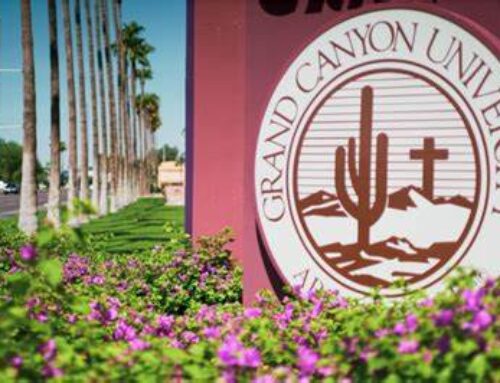
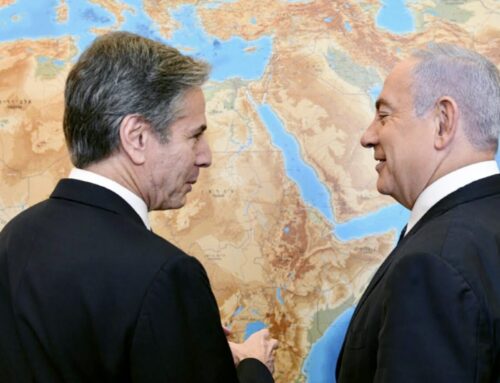
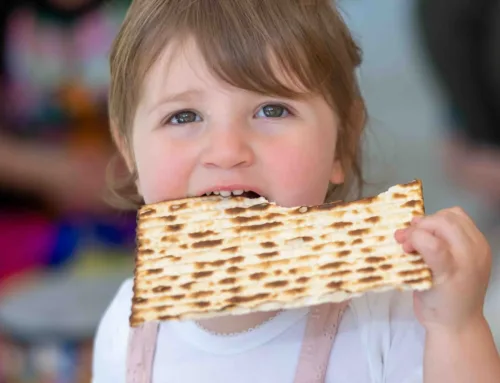
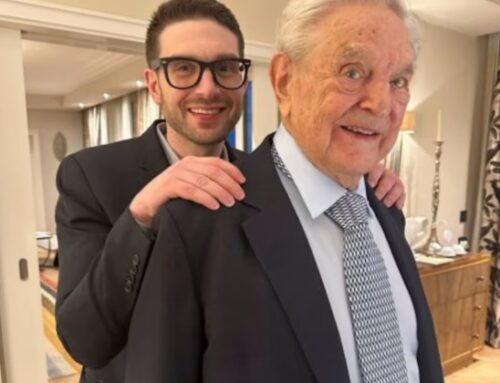
Leave a Reply, please --- thank you.